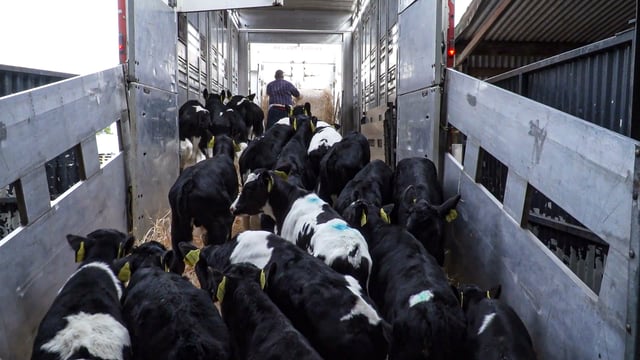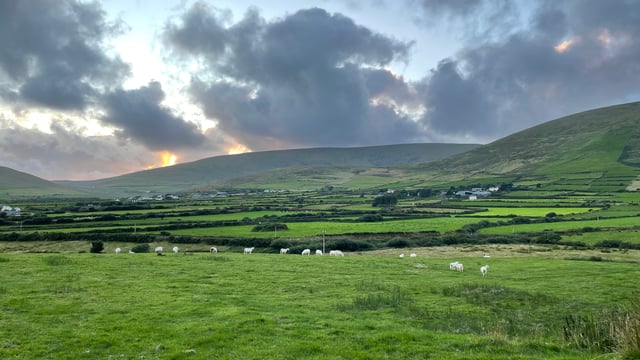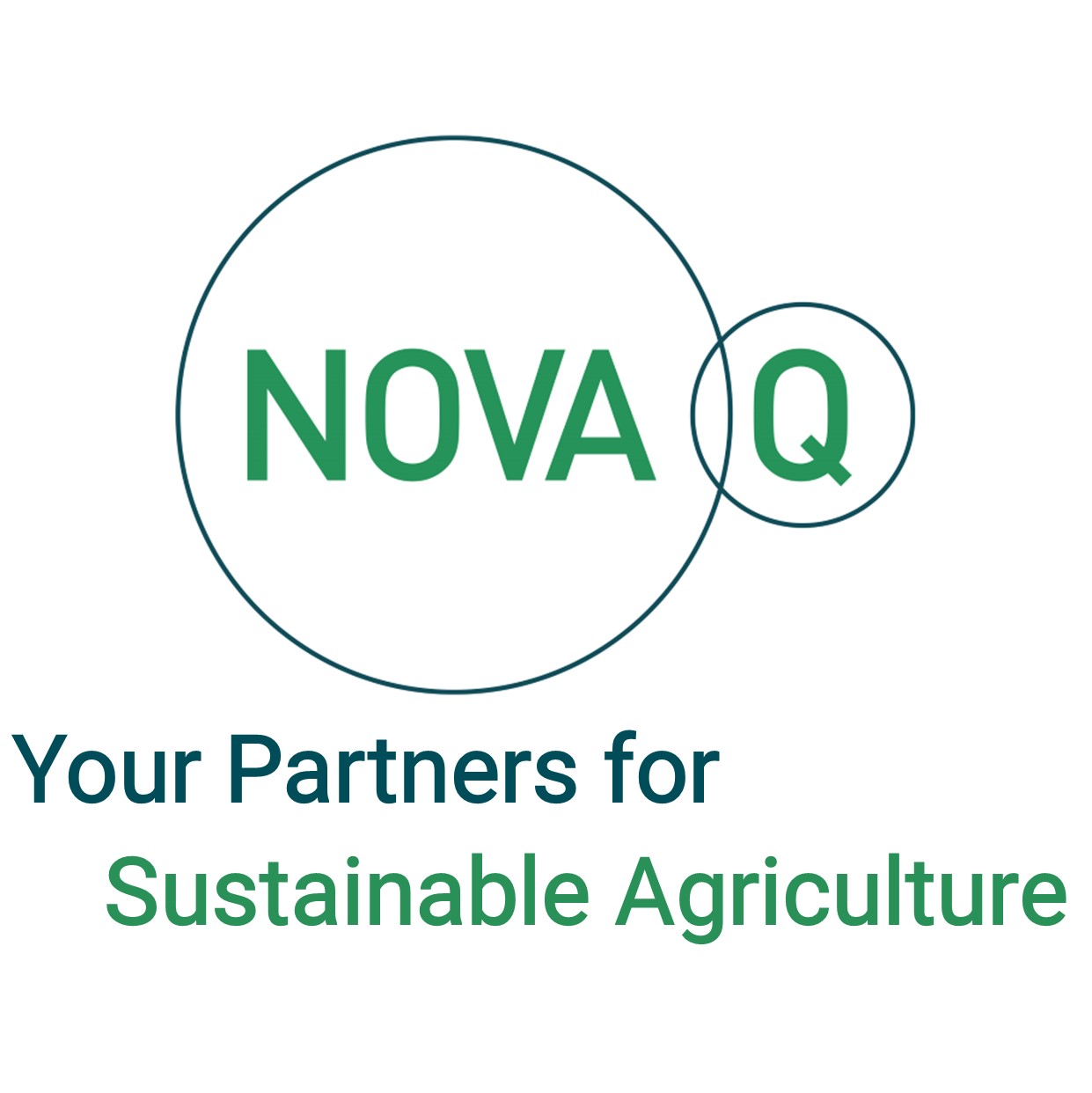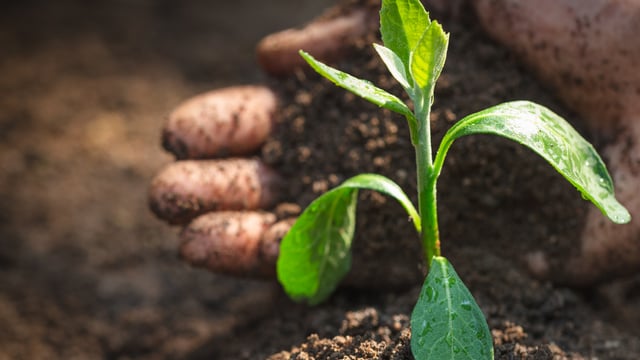EU bioeconomy project to provide regional insights at Irish event
EU-funded project 'BBioNets', driving progress in the bioeconomy, will highlight regional insights at a conference organised by Teagasc next week (Thursday, February 27).
The project is coordinated by Munster Technological University (MTU) and further advances the work carried out by operation groups for European Innovation Partnerships for agricultural productivity and sustainability (EIP AGRI).
The aim of the project is to manage and process agricultural and forest biomass with Bio-Based Technologies (BBTs), along with helping farmers, foresters and the wider society to adopt measures.
Project coordinators will be brought together with key industry leaders at the Teagasc event to discuss the potential of hemp-based bioeconomy solutions.
The event, 'Industrial Hemp: Opportunities for Agriculture and Other Sectors in Ireland', will be opened by Minister for Agriculture, Food and the Marine Martin Heydon.
BBioNets representatives will feature on a panel in the 'textile and biocomposites' session, where Carmen Girón Domínguez from MTU’s Circular Bioeconomy Research Group will present preliminary outputs from BBioNets research.
The presentation will highlight the potential of already developed EIP-AGRI operational group projects and future ones, with focus on projects that highlight the value of hemp biomass and other bioeconomy innovations beneficial to Ireland.
MTU researcher, Carmen Giron Domingeuz said: “There is a great potential for Irish circular bioeconomy through EIP-AGRI operational group projects.
"The BBioNets project seeks to disseminate the work of operational groups that have developed a circular bioeconomy activity, so Ireland and other regions could learn from them, collaborate with them, and potentially implement its bio-based technologies.”
As part of its mission, BBioNets also facilitates the Irish Forest and Agriculture Network (Irish FAN), an open-access network where stakeholders can engage and access research insights.
The project’s latest campaign, 'Bioeconomy Overview' provides a series of articles that delve into regional dynamics, sector challenges, and opportunities for innovation.
Some of the articles include understanding regional capacities and their potential for sustainable use, and uncovering potential obstacles tailored to regional contexts.





